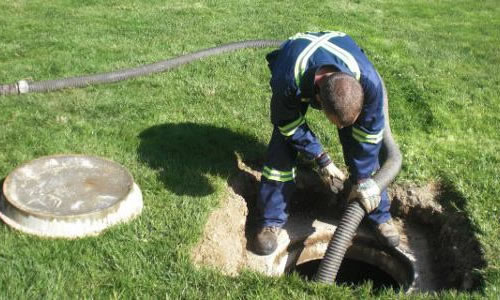
15
Understanding the causes of septic leaks is vital for proper maintenance and prevention. In this article, we will explore the key factors that contribute to septic leaks and highlight the importance of regular septic tank pumping, repair, and installation services provided by Charlotte Septic Pros.
One of the leading causes of septic leaks is the absence of regular septic tank pumping. Over time, solid waste and sludge accumulate in the tank, leading to clogs and potential leaks. Neglecting routine pumping increases the risk of blockages and puts undue strain on the septic system. Homeowners should adhere to a pumping schedule recommended by experts, usually every 3 to 5 years, depending on tank size and usage, to prevent septic leaks.
Maintenance and septic tank repair go hand in hand with regular pumping. Neglecting maintenance tasks such as inspecting and repairing damaged pipes, broken baffles, or faulty components can result in leaks. Tree roots, shifting soil, or excessive pressure from heavy vehicles can damage the pipes leading to and from the septic tank, causing leaks over time. Engaging the services of a professional septic company for regular maintenance and timely septic tank repair can help identify potential issues and prevent leaks from worsening.
Septic systems have their limits, and exceeding those limits can lead to leaks. Overloading the system occurs when excessive water or non-biodegradable substances are introduced into the septic tank. Excessive water usages, such as prolonged showers or a continuously running toilet, can overwhelm the tank's capacity and lead to leaks. Similarly, flushing non-biodegradable items like paper towels, sanitary products, or cooking grease can clog the pipes and cause leaks.
Improper septic tank installation is another common cause of septic leaks. When the tank is not installed correctly, it may not be adequately sealed or may not have proper slope and drainage. These installation errors can result in leaks, contaminating the surrounding soil and groundwater. Hiring experienced professionals for septic tank installation is crucial to ensure the system functions optimally and remains leak-free.
Excessive groundwater or flooding in the area can put immense pressure on the septic system, leading to leaks. High water tables can cause septic tanks to float or shift, causing damage to pipes or dislodging connections. Flooding can also overwhelm the system, preventing proper drainage and causing leaks. While homeowners cannot control natural disasters, they can take preventive measures, such as installing a high-water alarm system or raising the septic tank above the flood level, to mitigate potential risks.
Septic leaks can pose significant risks to the environment and human health, underscoring the importance of understanding their causes. Regular repairs by professional septic companies are crucial for preventing leaks and ensuring the optimal performance of the septic system. By avoiding overloading the system, practicing proper waste disposal, and addressing installation issues, homeowners can minimize the likelihood of septic leaks.
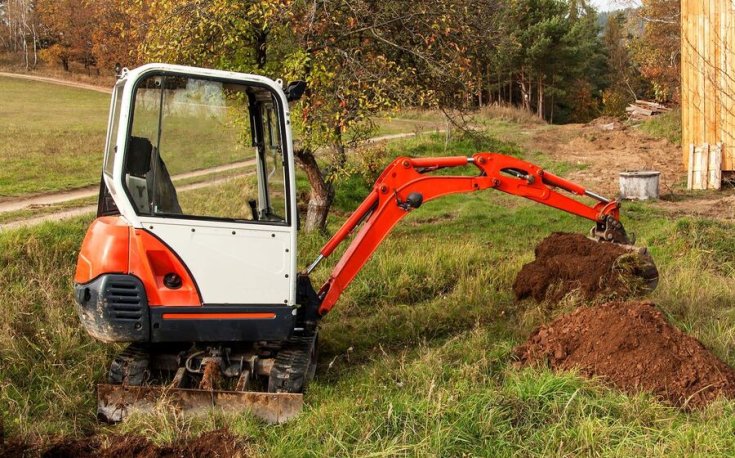
26
Choosing the Right Septic System Drain Field Expert When it comes to your home’s septic system, the drain field plays…
Read more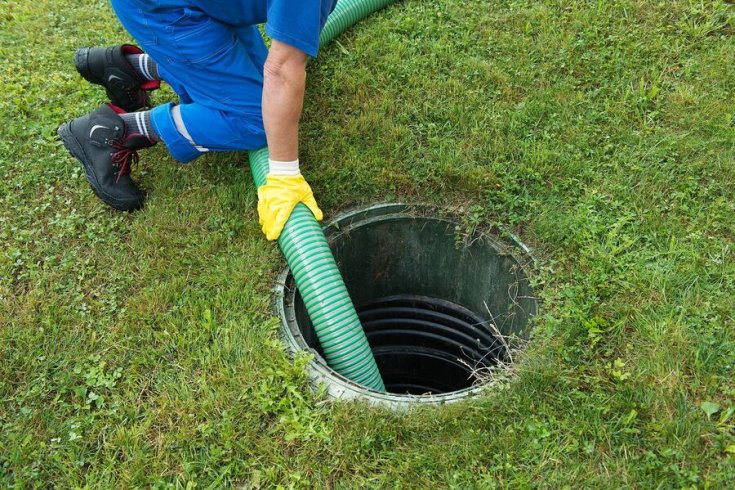
18
Reliable and Affordable Septic Services A properly functioning septic system is essential for any home or business that relies on…
Read more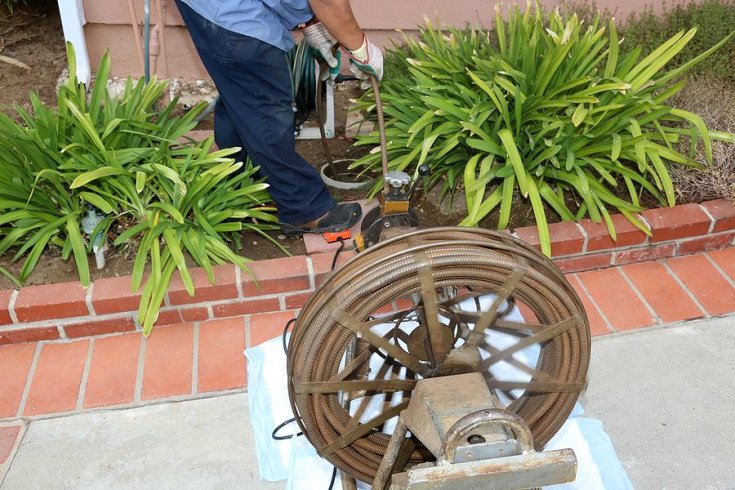
09
Signs and Solutions for a Failing Drain Field Your septic system plays a critical role in managing household wastewater, and…
Read more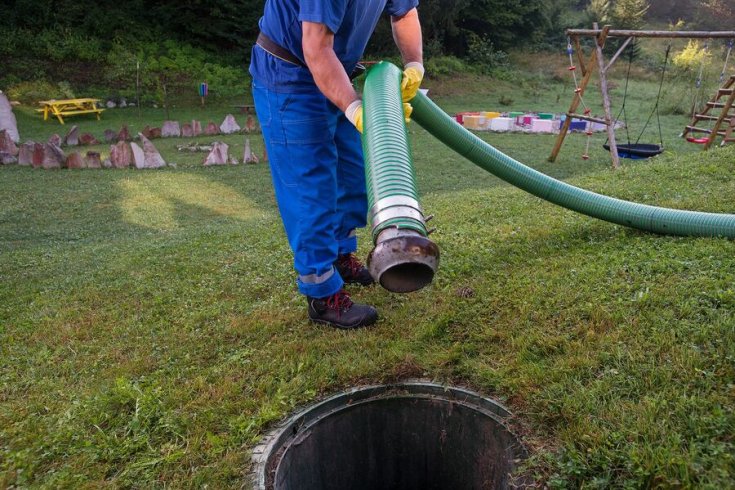
03
A Newbie’s Guide to Septic Pumping If you’re new to homeownership and have a septic system, you might be wondering…
Read more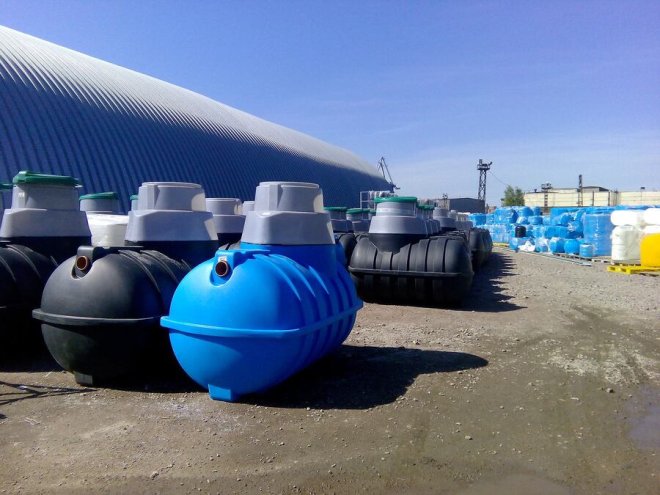
28
How to Prepare for Septic System Installation Installing a septic system is a major investment for any property that lacks…
Read more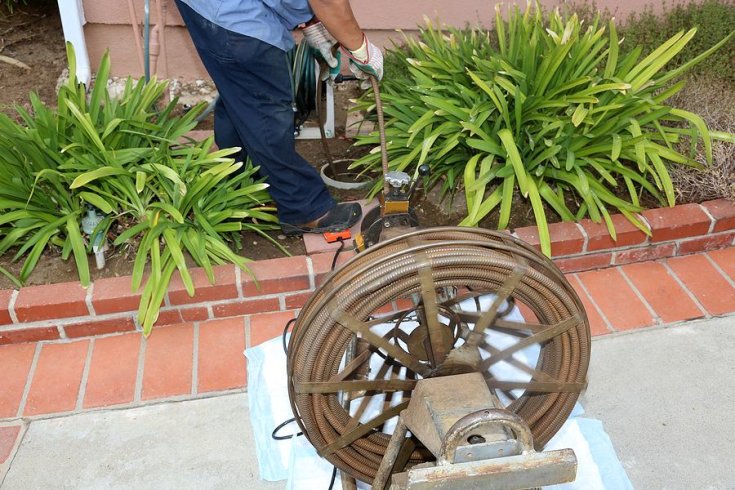
20
How Main Drain Cleaning Can Prevent Sewer Backups Sewer backups are one of the most unpleasant plumbing emergencies homeowners can…
Read more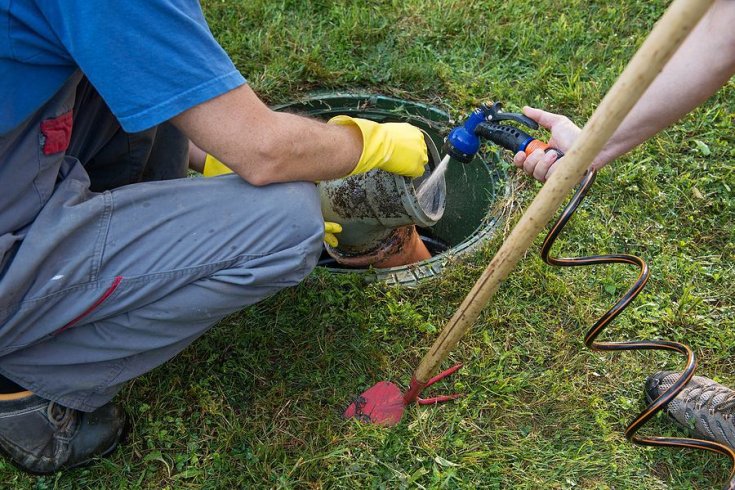
13
What to Do When You Have Drainage Problems Drainage problems can be frustrating and cause serious damage if left untreated.…
Read more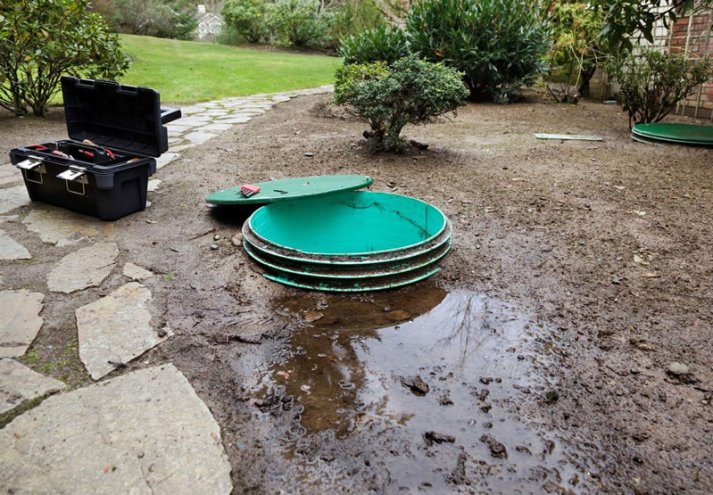
04
Signs and Causes of Septic Leaks A leaking septic system can pose serious health and environmental risks. If left untreated,…
Read more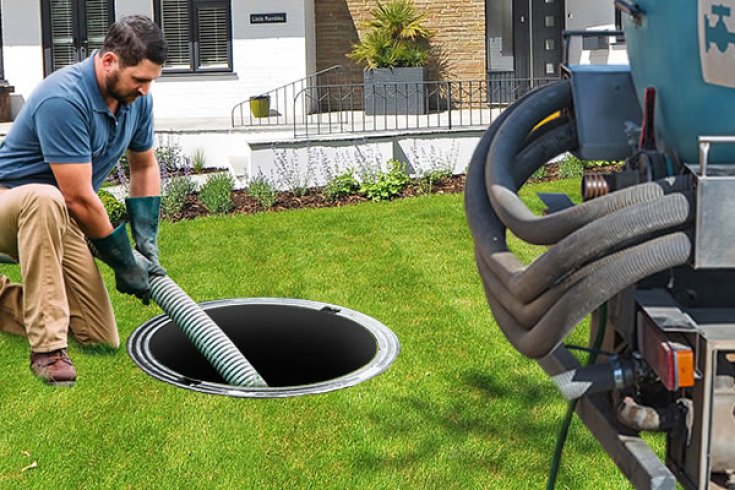
02
Unusual Septic Tank Blockages: Keeping Your Septic System Healthy A properly functioning septic system is crucial for any home or…
Read more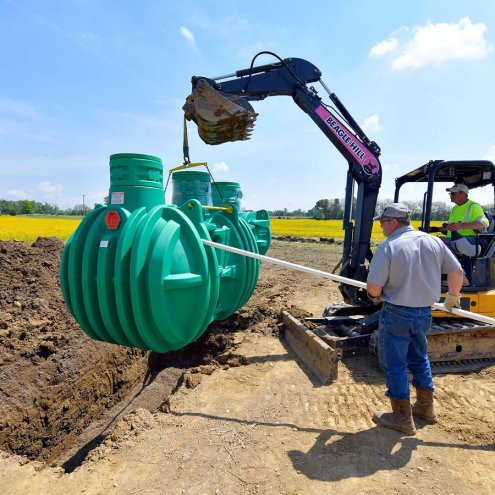
23
Seasonal Weather and Septic Systems Tank Your septic system plays a vital role in managing household wastewater, but seasonal weather…
Read more